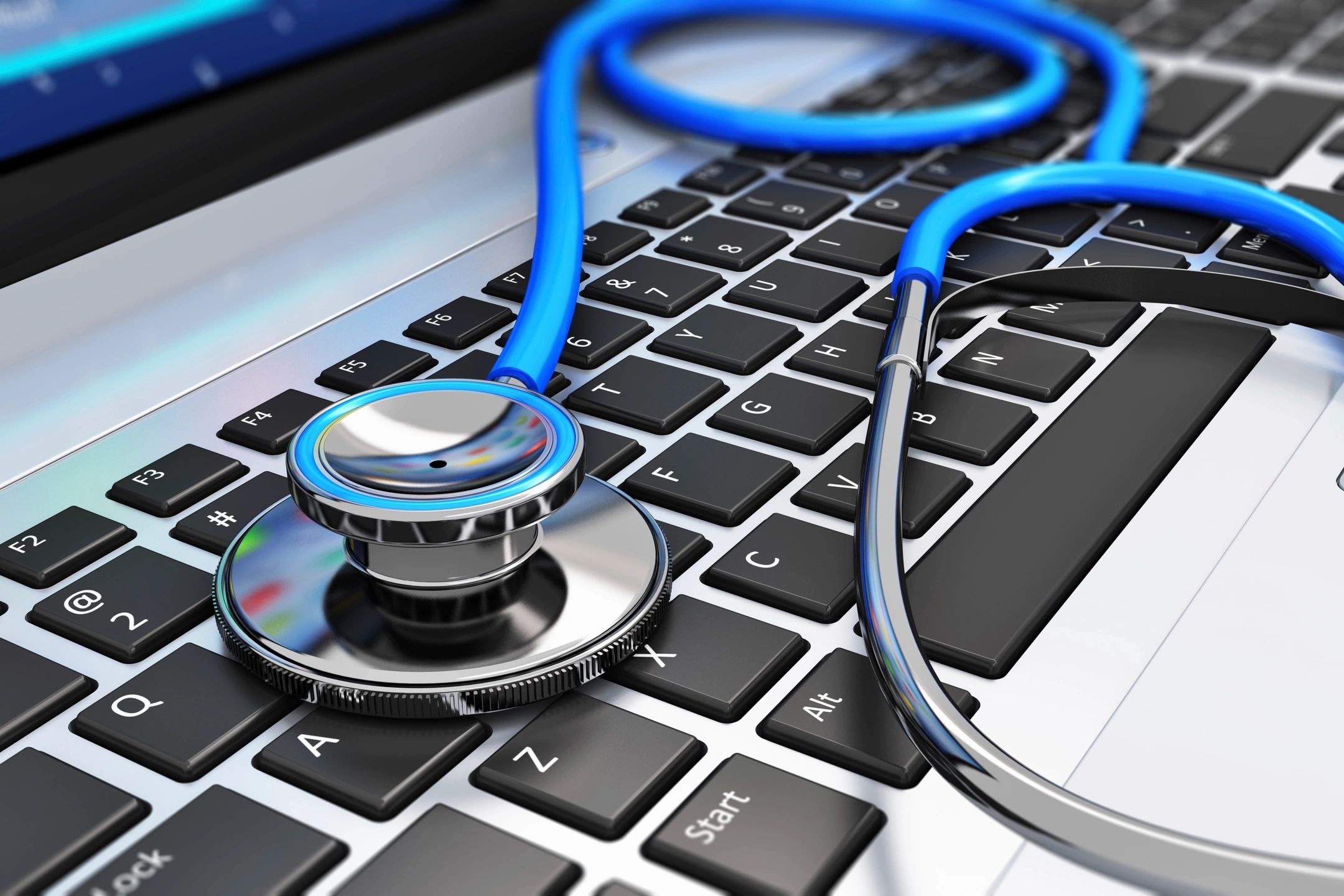Occupation-Specific Guidelines for Medical Professionals

The occupation and industry guides serve as valuable aids when completing your tax return. Utilize these guides to:
- Determine the income and allowances that need to be reported.
- Confirm eligibility for claiming work-related expenses as deductions.
- Understand the record-keeping requirements.
To qualify for deductions on work-related expenses, you need to adhere to the 3 fundamental rules:
- You must have incurred the expense and not received reimbursement.
- The expense must directly pertain to generating your income.
- Maintain records substantiating the expense, usually in the form of a receipt.
What to Include and Exclude
It’s essential to report all income received as a doctor, specialist, or medical professional within the income year in your tax return. This includes:
- Salary, wages, including cash or bonus payments.
- Allowances.
- Other income, such as compensation or insurance payments (e.g., income protection insurance payouts replacing salary and wages)
Do not include reimbursements you receive as part of your income.
Your income statement or payment summary will detail all salary, wages, and allowances for the income year.
Inclusions: Allowances
Report all allowances listed on your income statement or payment summary as income in your tax return. Allowances are amounts provided by your employer to cover potential costs you might incur:
- To assist with work-related expenses (e.g., phone bills).
- As compensation for aspects of your work, such as working conditions or industry-specific requirements (e.g., being on call).
- As an extra amount for special duties, skills, or qualifications (e.g., first aid qualifications).
Reimbursements
When your employer reimburses you for specific expenses, this payment is classified as a reimbursement. Reimbursements are distinct from allowances. If your employer reimburses you, remember:
- Do not include the reimbursement as income in your tax return.
- You cannot claim a deduction for the reimbursed expenses.
Vehicle Expenses
You cannot claim the cost of regular journeys between your residence and workplace, even if the distance is substantial or outside typical business hours.
However, you can claim the usage cost of a vehicle you own when driving:
- Directly between separate job locations on the same day (e.g., from your primary role as a GP to a secondary role as a university lecturer).
- To and from a different workplace for the same employer on the same day (e.g., traveling to various hospitals or medical centers).
In specific cases, you may claim the cost of trips between your home and work if you transport bulky tools or equipment vital for your job, provided:
- The tools or equipment are essential for your duties and not carried as a choice.
- No secure storage is available for these items at the workplace.
When claiming car expenses, you can use either the logbook method or the cents per kilometer method to calculate your deduction. Maintain a valid logbook and written evidence of your car expenses for the logbook method. For the cents per kilometer method, demonstrate how you calculated your work-related kilometers and their relevance.
If you claim work-related car expenses using either method, additional deductions for the same car (e.g., servicing, insurance costs) in the same tax return are not permitted.
Travel Expenses
You can claim travel expenses for overnight travel related to your employment duties. These expenses may include meals, accommodation, and incidentals during work-related travel.
However, you cannot claim travel expenses if you mix personal travel with work-related components, like attending a work-related seminar during a holiday. In such cases, you may claim seminar fees but not travel expenses like flights or accommodation.
You cannot claim deductions if the travel costs are paid for or reimbursed by your employer or another party.
Receiving a travel allowance from your employer does not automatically grant you a deduction. You need to demonstrate that the travel was overnight, you spent the money, and the travel directly contributed to your employment income.
Clothing and Laundry Expenses (Including Footwear)
In general, conventional clothing worn for work purposes is not tax-deductible. This includes clothing you are required to wear by your employer, even if exclusively worn for work, such as business attire.
However, deductions can be claimed for clothing if it falls into the following categories:
- Protective clothing, designed to shield against specific risks related to your job (e.g., lab coats or surgical caps).
- Compulsory uniforms explicitly stipulated by a workplace agreement or policy, strictly enforced, and distinctive to your organization.
Self-Education and Study Expenses
You can claim self-education and study expenses if the course directly relates to your role as a medical professional and:
- Enhances or updates the skills and knowledge necessary for your current duties.
- Results in an increase in income from your current employment.
Deductions cannot be claimed if your study is only loosely related or aimed at securing a new job.
Working from Home Expenses
If you work from home, you can claim deductions for work-related expenses incurred, following the methods specified by the tax office (rules recently changed). However, you cannot claim items provided by your employer or those for which you are reimbursed.
Other Work-Related Expenses
You can claim the work-related proportion of various other expenses related to your employment, including:
- Membership fees for medical professional associations.
- Phone and internet costs, supported by records indicating work-related usage.
- Subscriptions and publications to medical journals.
- Medical equipment and insurance for it.
- Professional indemnity insurance.
- Personal protective equipment purchases, such as gloves, face masks, sanitizer, or antibacterial spray.
However, flu shots and other vaccinations, even if required for your job, cannot be claimed as deductions.
For more information please contact our team on 02 9267 4468 or contact@maxgrowth.com.au. Please visit our website on www.maxgrowth.com.au for an up to date information.

